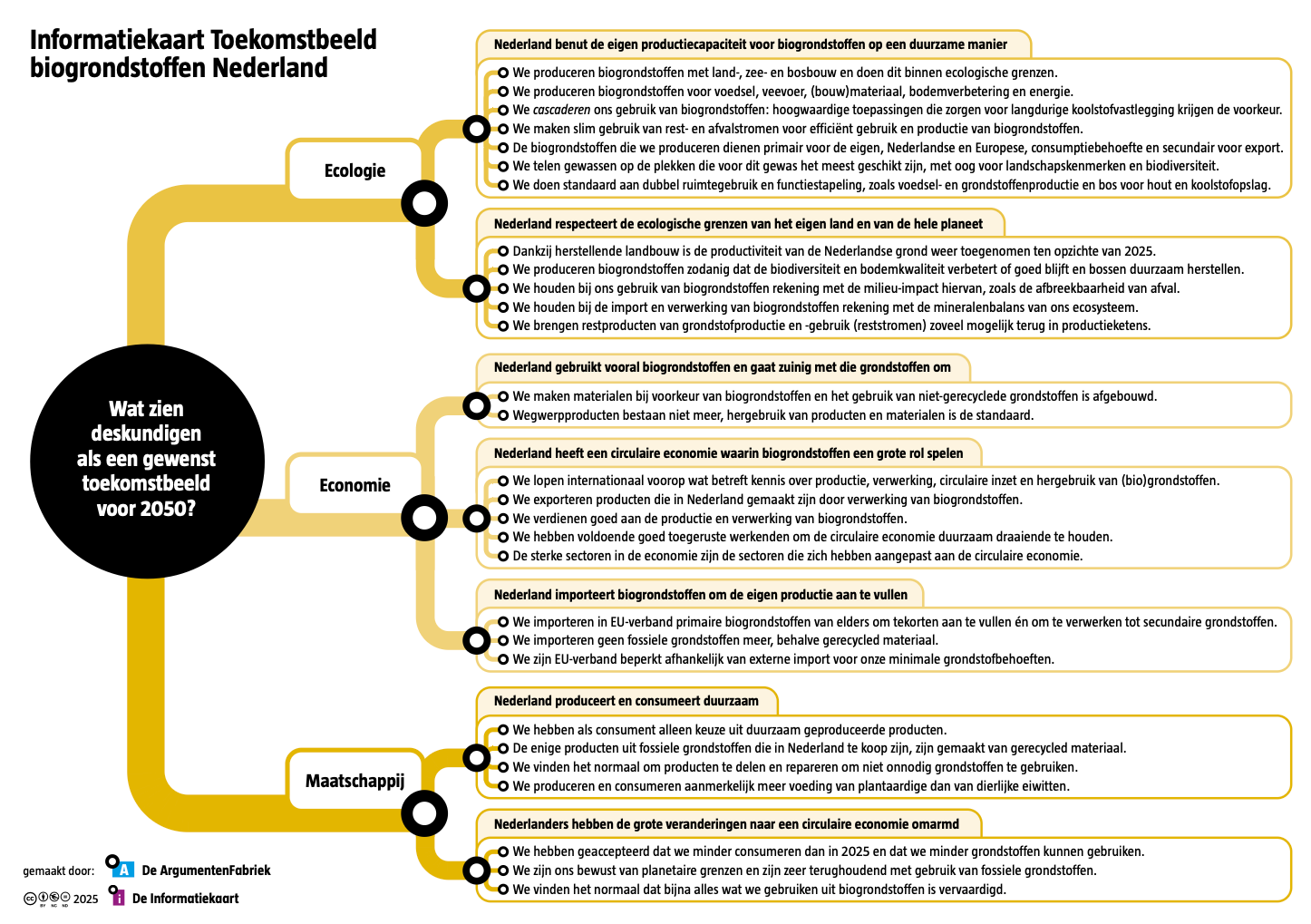IRENA: BOOSTING BIOFUELS—Sustainable Paths to Greater Energy Security | 2016

EXECUTIVE SUMMARY
Substantial potential exists to expand both food and fuel supply in a sustainable fashion. Sustainable biofuel pathways examined in this report include:
- boosting yields of food crops and associated residues on existing farmland;
- freeing up existing farmland for biofuel crops through further yield improvements;
- reducing losses and waste in the food chain to free up additional farmland for biofuel crops; and
- improving livestock management to free up pastureland for biofuel crops.
The report also examines biofuel potential from:
- afforestation using fast-growing tree species; and
- cultivation of algae from organic waste streams or carbon dioxide.
As agricultural production expands to meet the world’s growing food needs through 2050, the supply of associated harvest and processing residues will also expand. If sustainable shares of these residues were fully collected, the resulting biofuel could displace about a third of the transport fuel consumed today – even while allowing for some residues to be fed to animals for meat and dairy production.
Accelerating yield growth through modern agricultural practices should allow the same amount of food to be grown on less land. The land released could be planted with fast-growing, short-rotation trees and grasses. If the gap between current and potential food yields were fully closed, biofuel from trees and grasses could displace another third of today’s transport fuel.
The amount of farmland needed for food production could be further decreased by reducing waste and losses in the food chain. Globally, a third of all food is lost or wasted. If food losses were eliminated, enough additional land would be available for advanced biofuel production to displace the final third of the fuels used in transport today.
In addition, there is significant potential to grow biofuel crops by raising the efficiency of livestock production on pasture land. There is evidence that fast- growing grasses could enhance biodiversity on such land. Recent trends in Brazil suggest the efficiency of livestock production on pasture land can be quadrupled. If so, the land released could provide half of the world’s current liquid transport fuel from second-generation biofuel, or else all such fuel through first-generation biofuel crops.
There is also great potential to increase biomass production in forests. Much larger amounts of forest residues could be harvested sustainably for energy purposes. Cultivation of fast-growing trees on degraded forest land or other marginal land could provide significant amounts of fuel and timber while sequestering large amounts of carbon in the wood and soil. These forests could displace yet another half of current liquid transport fuel.
Part of this potential can be harnessed through current “first-generation” technologies that produce biofuel from crops like sugar cane, maize and palm oil. Part can be harnessed through “second-generation” technologies that convert lignocellulose from farm and forest residues, grasses and wood. Such technologies are being demonstrated at commercial scale and should be cost-effective by 2030, if not sooner. A further part could be harnessed through “third-generation” technologies, now under development, which would produce biofuel from algae.
What share of the potential can be realised, or how soon, is unclear. Yet policies to encourage higher farm yields, promote sustainable forestry, and demonstrate cost-effective conversion technologies should boost biofuel production substantially. Together, these policies should encourage sufficient biofuel production to enhance global energy security, boost economic development, and contribute to success in limiting global climate change.
Policies and Measures for Promoting Sustainable Biofuels
- Demonstrate cost-effective technologies for production of biofuels from lignocellulosic feedstocks (grasses, wood, farm and forest residues) and from algae.
- Accelerate improvement of crop yields by expanding capacity building and extension services to promote modern farming techniques in developing countries, and by enhancing access to fertiliser and water storage.
- Improve understanding of logistics for cost-effective harvesting of farm and forest residues.
- Collect comprehensive data on land that could be used for sustainable biofuel crops, including achievable yields.
- Conduct in-depth research on practices for cultivating fast- growing trees and grasses on pastureland that could sequester carbon and enhance biodiversity.
- Reduce food waste and losses through more flexible labelling and investment in refrigeration and transport infrastructure to bring more food to market fresh.
- Accelerate afforestation through incentives to cultivate trees on degraded lands and through sharing best practices for sustainable forest management.
- Expand registers of origin to include sustainable feedstock sourcing and promote expanded trade.
- Strengthen land tenure and improve land governance in developing countries to provide incentives for more intensive land management.
- Develop new business models that focus on sustainable feedstock supply, supported by policy instruments such as biofuel targets, feed-in tariffs, and carbon value.
Recente artikelen
HAN University of Applied Sciences receives funding for FAME Changer reserarch project
Informatiekaart: Toekomstbeeld biogrondstoffen Nederland | 2025

Backovsky et al: Tracking cellulosic ethanol: commercialization and regional insights | 2025


